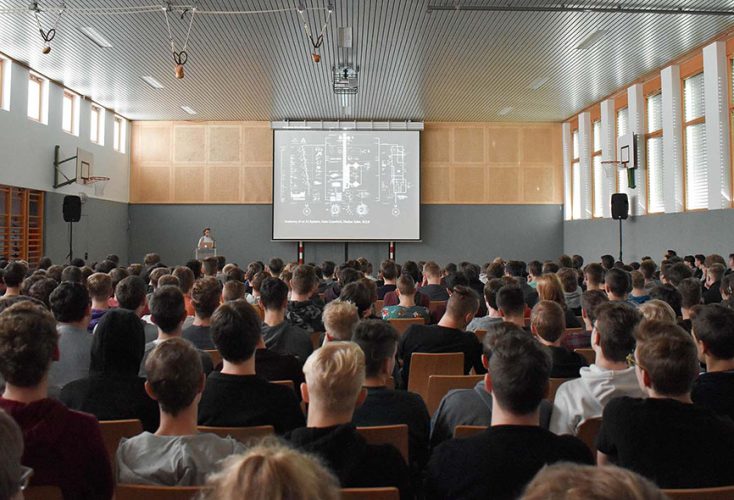
Artificial Intelligence
-
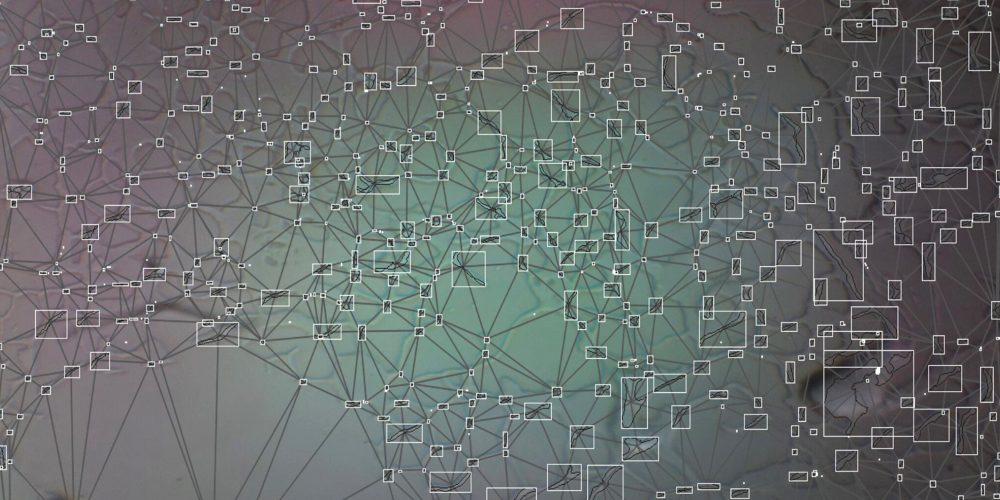
Artificial intelligence as a meta-researcher
An international collective experimenting between art and science. A multidisciplinary educational organization to explore the origin and nature of life in the universe and the evolution of intelligence. The beginning of a wonderful friendship.
-
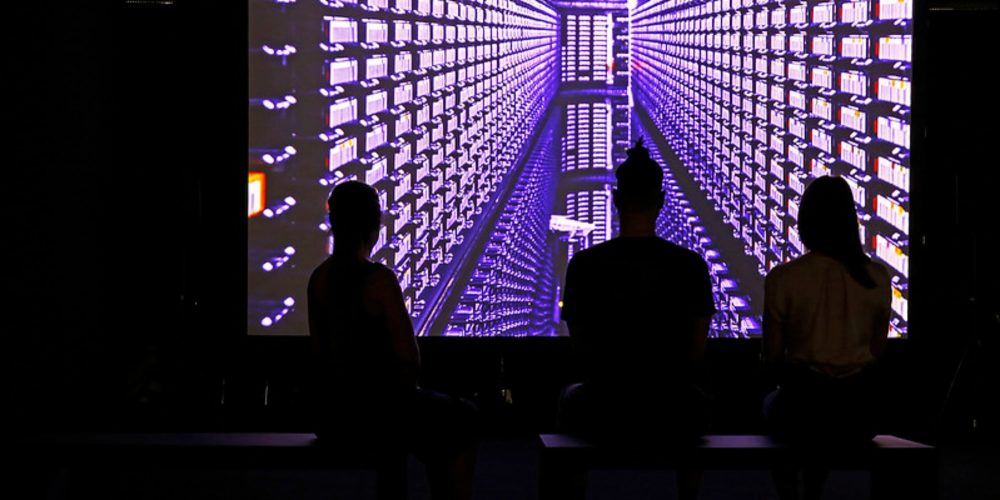
The Voice of the Future
As part of the ArtScience Residency Program enabled by the Art Collection Telekom artist Kyriaki Goni is working on a project that focuses on the voice of digital assistants and the problem of surveillance.
-
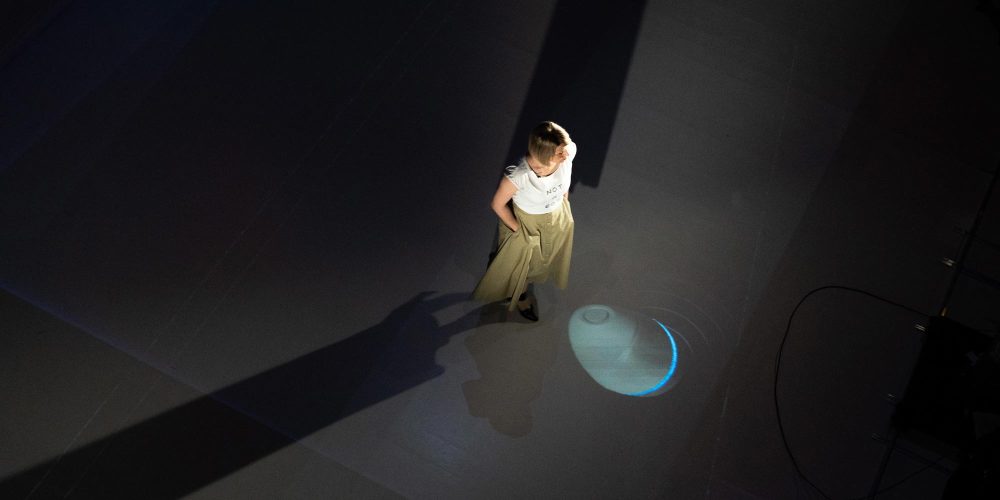
Humans, robots and the future of work
We’ve pinned our hopes for the future on them, but also regard them with suspicion: Robots will soon be part of our daily lives.
-
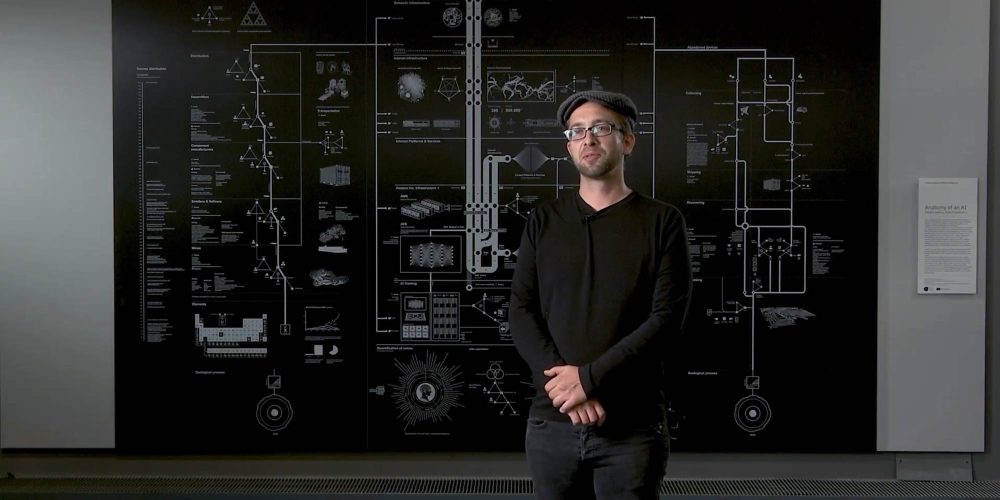
How Digitization Moves Mountains
If we use smartphones for an average of only two years, then the resulting mining of raw materials should give us pause for thought. (German language)
-
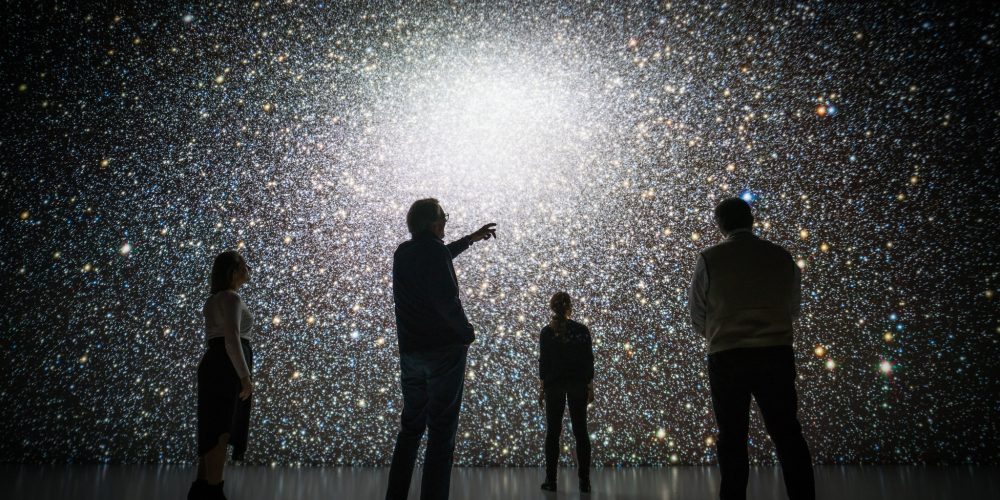
Galaxies and black holes
What is the origin of life? What is the origin of the universe? Where do we come from and where are we going? Questions that have preoccupied mankind for millennia, and it doesn’t look like they will be solved soon. For a wonderfully playful perspective, artists are now joining in.
-
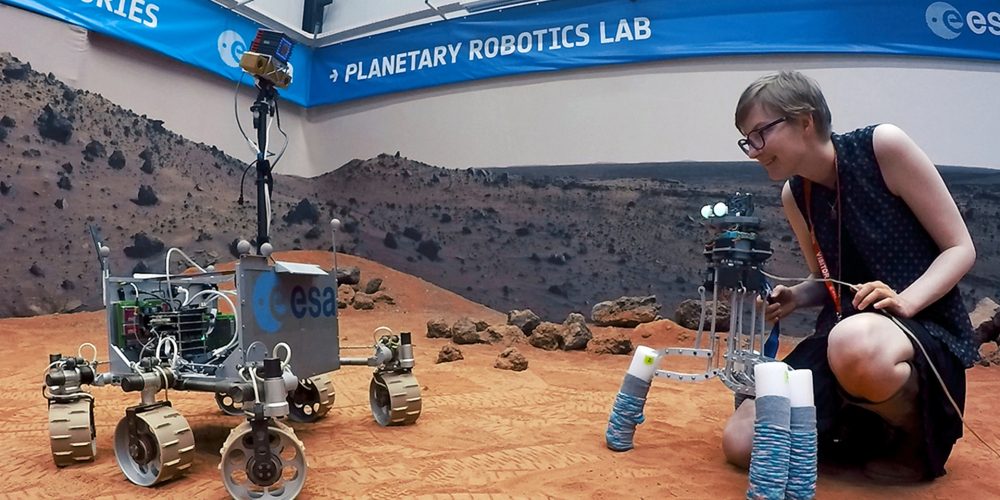
Step into Space
Wanted: Our place in the universe. Found: A team that combines humans and AI to answer fundamental questions. Sarah Petkus and Mark J. Koch aim to educate artificial intelligence to become an individual.
-
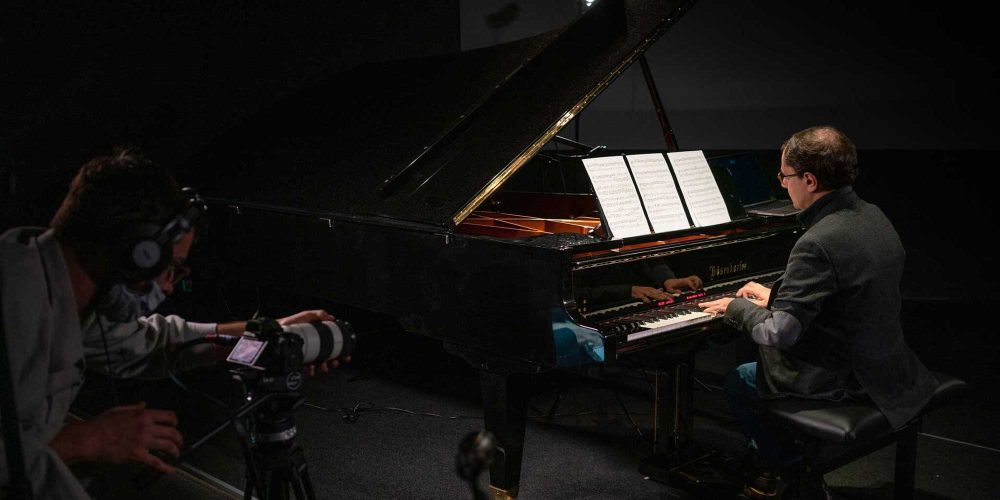
Digital Data in major and minor
Can machines create? As a key researcher and artist on the subject of Creative Intelligence at the Ars Electronica Futurelab, he has been dealing with this question since many years. The algorithm is in his blood, Ali Nikrang is an expert in artificial intelligence and music.
-
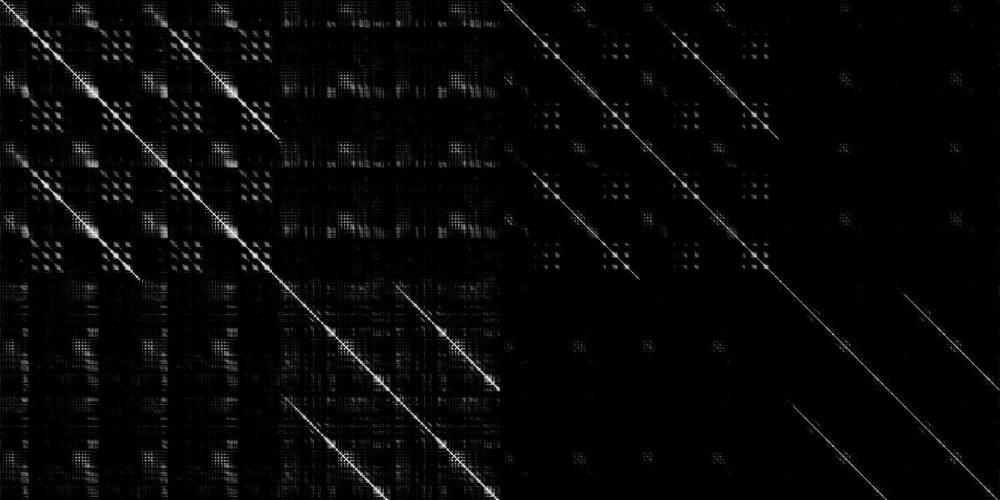
Of rhythms and algorithms
They promise a future full of convenience and are said to surpass us humans in every respect quite soon. Artificial intelligence is already way ahead of us in many areas of competence. Just a few years ago, we thought that it was human creativity alone that distinguished the analogue from the digitally generated work. Because…
-
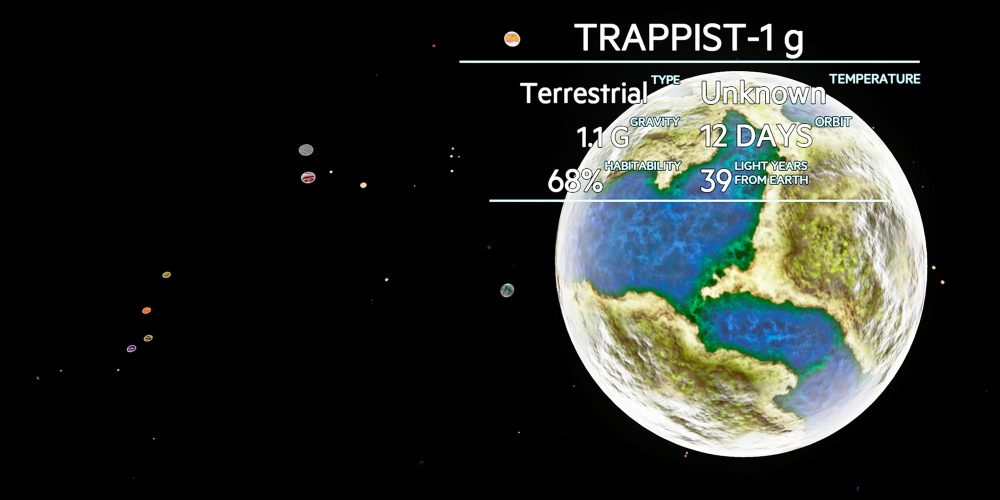
In search of the evolution of intelligence in the universe
The search for extraterrestrial intelligence may make some people think of a funny guy in a bicycle basket, for others it has serious scientific relevance and is closely interwoven with research on artificial intelligence. Thinking off the beaten track helps in this multidisciplinary work.
-
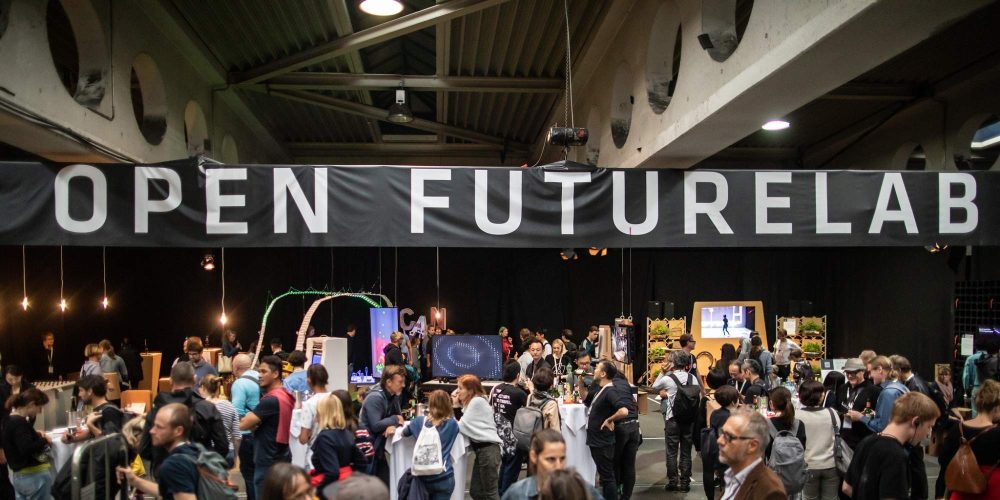
Open Futurelab at Ars Electronica Festival 2020
Every year during the Ars Electronica Festival, the Ars Electronica Futurelab opens its gates for the public and invites festival visitors to get to know its latest research findings and collaborative projects in a special, interactive format called Open Futurelab. In this blog post, we want to give you an overview of what you can…
-
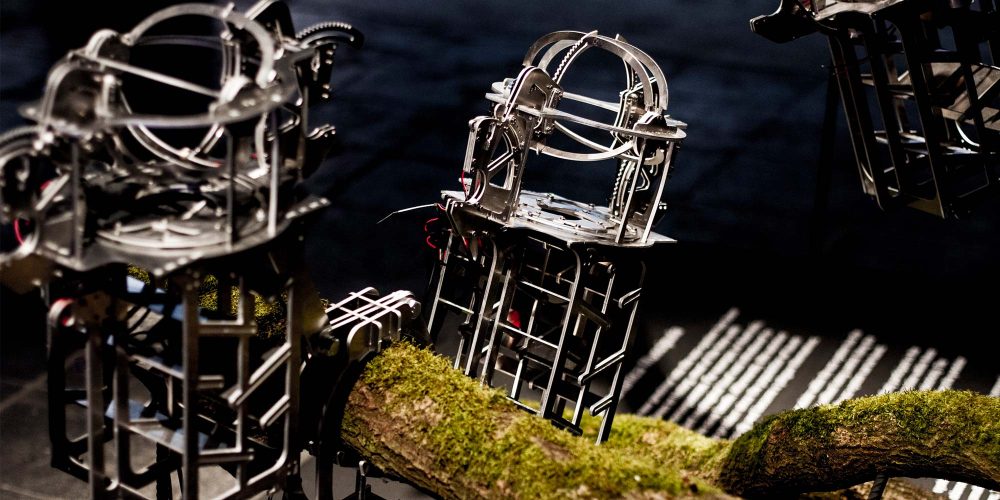
Strolling Between the Disciplines
The JKU campus as a place of encounter and as a place for projects that can only be discovered by strolling through the park and looking attentively into the air. JKU LIT @ Ars Electronica as well as the Garden Exhibition in Kepler’s Garden on the JKU Campus feature playful projects that combine various disciplines.
-
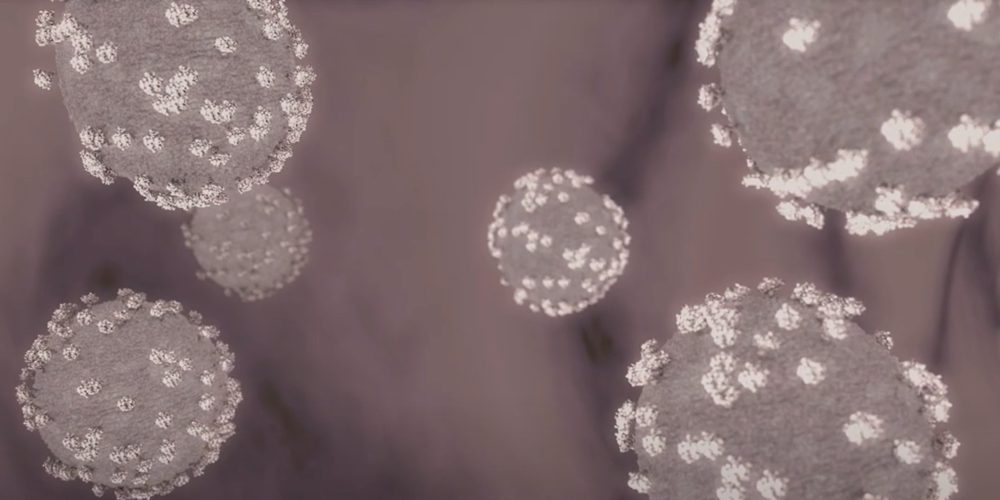
How AI, Big Data and Machine Learning can also be used against the Corona virus
There are countless examples where AI is currently being used in the fight against the Corona virus and many companies, scientists and artists are working on similar plans. We exemplary present you some of these projects.
-
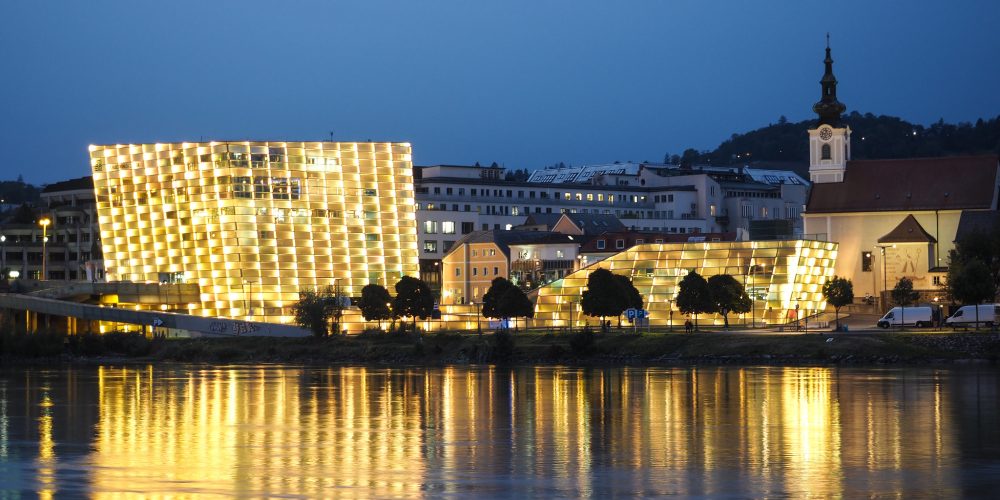
The future under the pillow
Of course we realize that we do not understand integral calculus better if we put the textbooks under the pillow on which we sleep. But it doesn’t do any harm, does it?
-
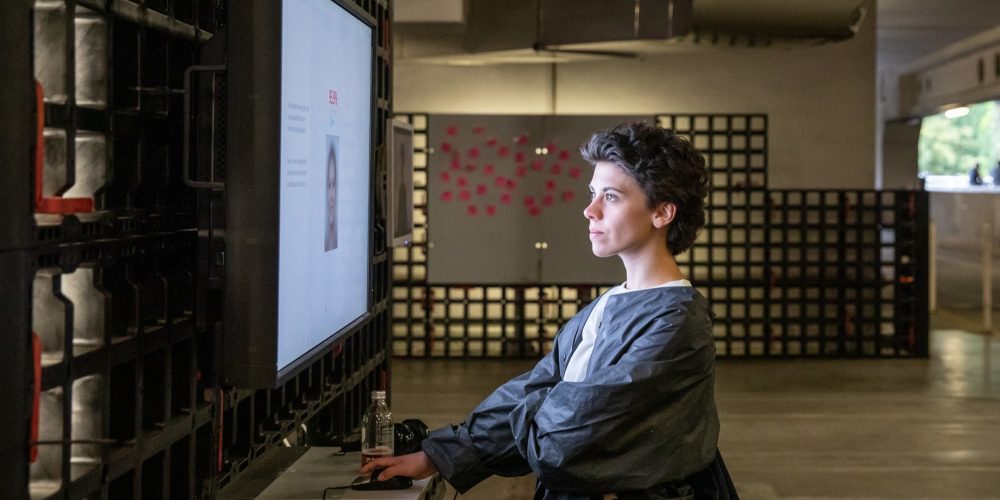
Women in Media Arts: Does AI think like a (white) man?
“Women in Media Arts” is an Ars Electronica database specifically dedicated to women in media arts. In this series, we introduce you to female media artists and their work, starting with the question: Does AI think like a (White) man?
-
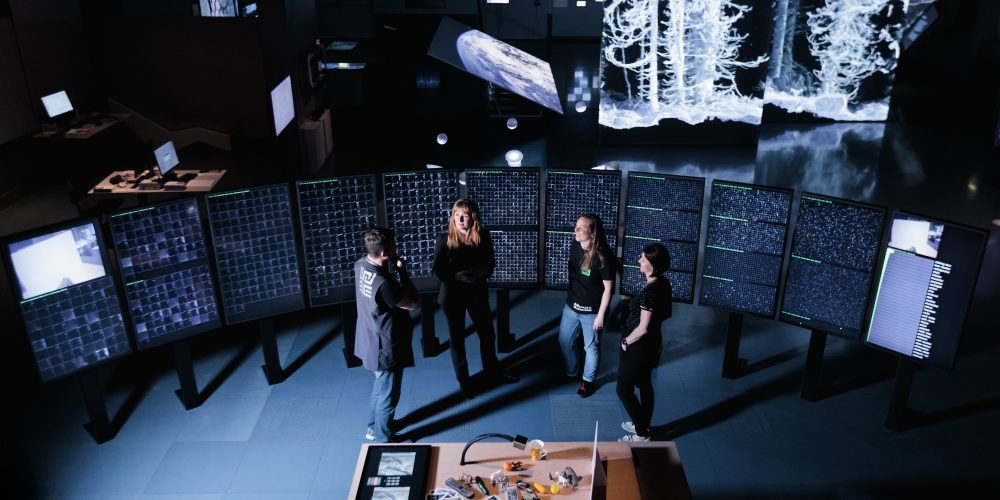
The Big Ars Electronica AI Glossary
Everyone talks about Artificial Intelligence (AI) – but what exactly is it? This glossary shows and explains the most important terms of the world of AI and connects them with examples from the Ars Electronica Center.
-
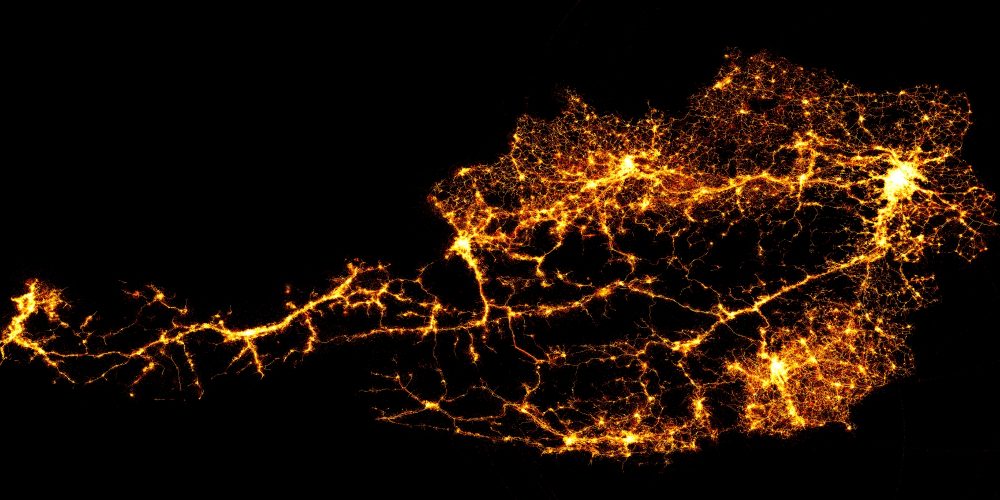
“The lower the mobility, the lower is the social contacting”
On the basis of anonymised mobile phone data, the Austrian company Invenium is creating movement analyses to help the crisis team to check the effectiveness of the measures taken against the Corona virus. But many citizens are concerned about the protection of their data.
-
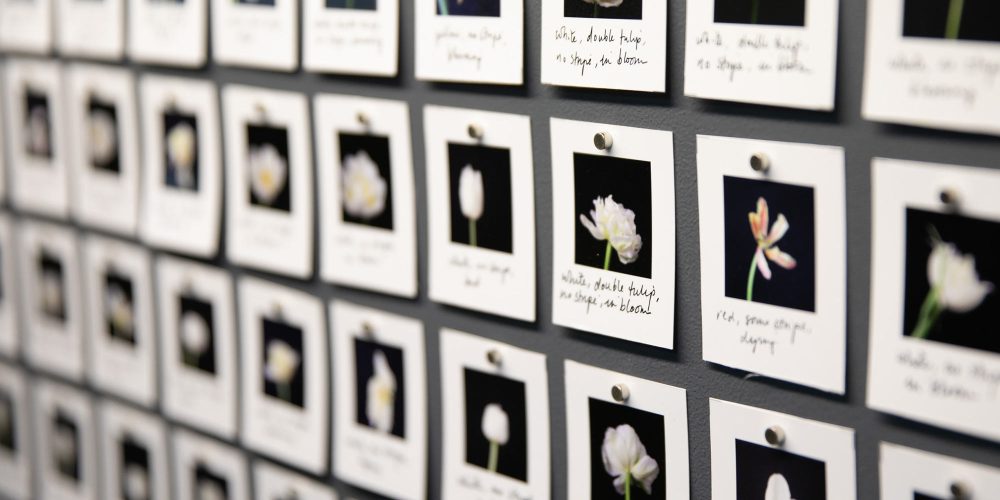
AI isn’t Artificial but Human
Our world is becoming more and more entangled. Financial markets where bots trade endlessly with other bots, social media algorithms that control what narrative we follow, deep fakes that make us doubt even our own senses. It is becoming increasingly difficult to find out where human influence lies in the process of AI.
-

How AI, Big Data and Machine Learning can be used against the Corona virus
We looked at several examples of how Artificial Intelligence, Big Data or Machine Learning are used in the containment of the coronavirus, and the problems, opportunities and challenges they present.
-
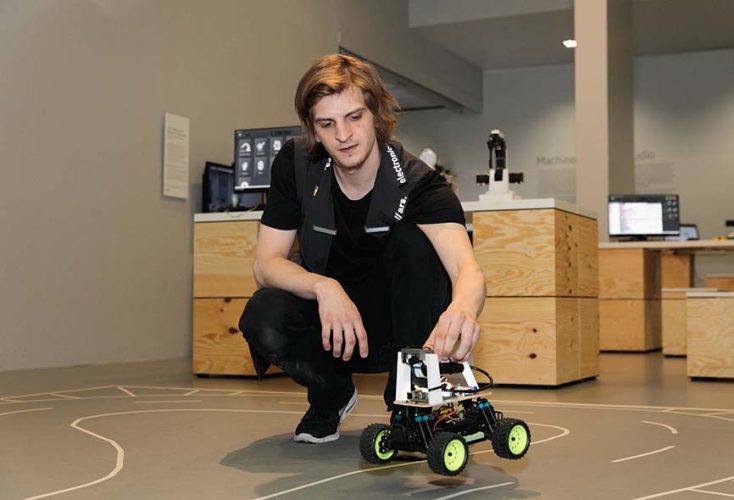
How to convert a remote controlled car into a Donkey Car
Ein “Donkey Car” ist ein selbstfahrendes Auto im Miniformat, ein ferngesteuertes Auto, das trainiert wird, um eigenständig einen Parcours bewältigen zu können. Im Rahmen der Themenwochen KI findet der Open Workshop “Donkey Training” statt, bei dem BesucherInnen mithilfe Künstlicher Intelligenz einem Roboauto das autonome Fahren beibringen können. Wir haben eine Schritt-für-Schritt-Anleitung für euch zusammengestellt, wie…
-
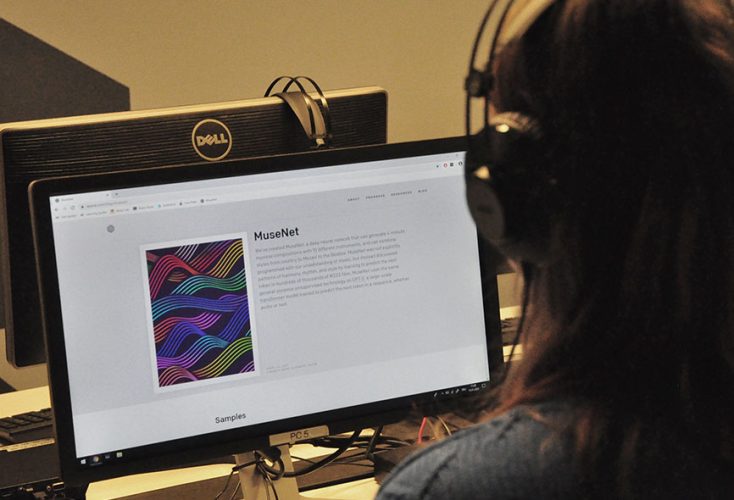
How to compose with MuseNet a piece of music in the style of Mozart
We tried for you how to compose music with the Deep Neural Network “MuseNet” from OpenAI and made a step-by-step guide based on it. If you want to learn more about composing music using AI, you should visit the Open Soundstudio at the Ars Electronica Center and participate in the “MuseNet Special” workshop.
-
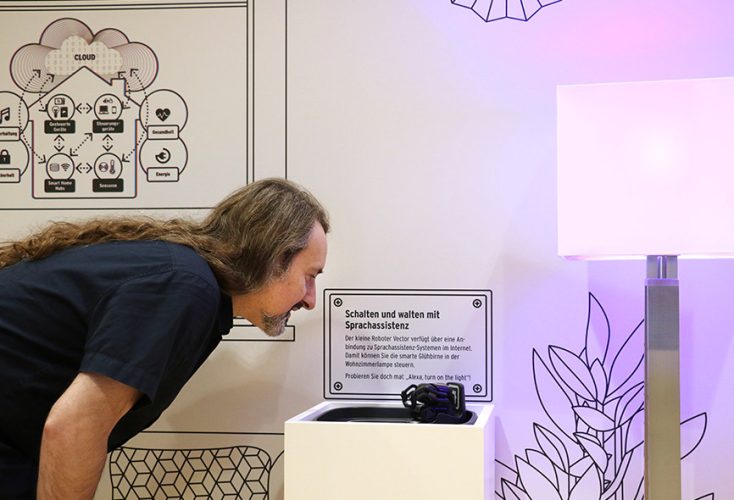
Smart Home – Sweet Home?
Digitalisation is on everyone’s mind. Artificial intelligence surrounds us in many everyday situations and moves into our most intimate living spaces. Everything is connected, we are constantly online. Is there still a life without the World Wide Web? Why shop yourself when the refrigerator can do it alone? Of the comforts and dangers of a…
-
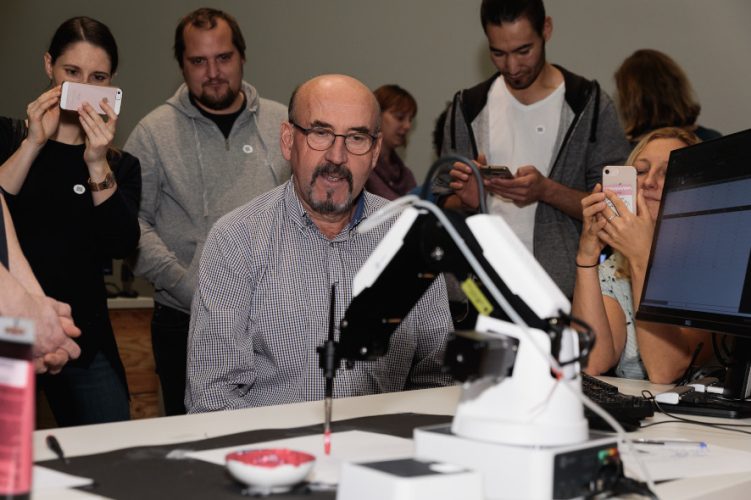
Helping with Artificial Intelligence?
Can Artificial Intelligence help to help refugees? Or is it the next step in evolution with which technology takes our place? These and similar questions were posed by the participants of a workshop on Artificial Intelligence that they won at the ZusammenHelfen conference at the Ars Electronica Festival.
-
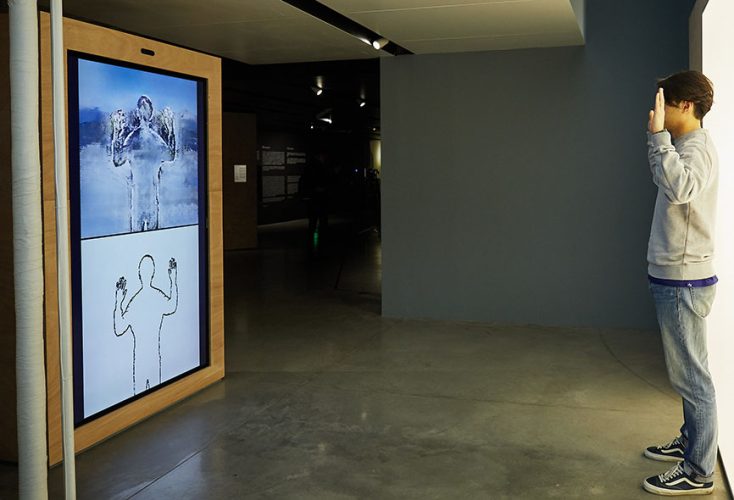
“It’s about what people can do with technology”
The Ars Electronica Futurelab’s “ShadowGAN” project is part of the “human (un)limited” exhibition series currently on show in Beijing, Seoul and Moscow until the end of February. The focus is not on technology as such, but on the human being itself, including its weaknesses and strengths and its eternal search for a place in the…
-
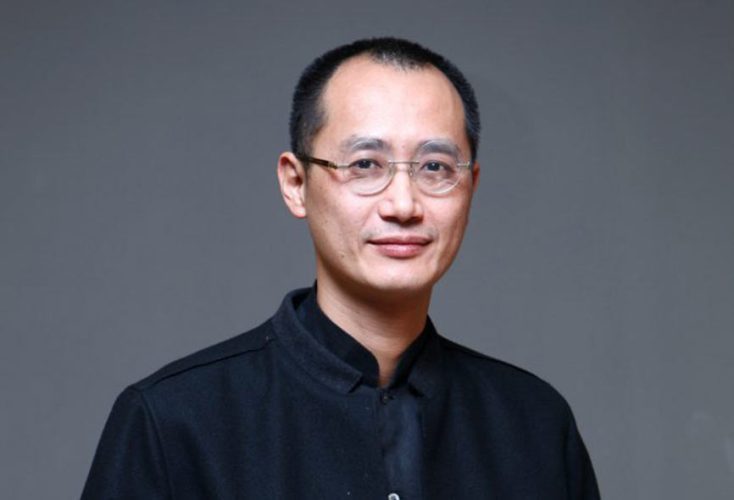
“We always need artists to wake people up”
He is considered one of the most influential contemporary artists in China. On November 2, 2019, Qiu Zhijie of the Central Academy of Fine Arts Beijing, together with the Design Society and his curator colleague Martin Honzik of Ars Electronica, will open the new exhibition “40 Years of Humanizing Technology” in Shenzhen.
-

The ethical Dimension of Artificial Intelligence: A Residency with Foresight
Artificial intelligence is one of the top topics of our time – it is not reserved for an intellectual elite, but reaches up to the regulars’ tables. Just as it will influence our living environment, everyone should feel compelled to have a say and participate in decisions. Best in Edinburgh and Linz!
-
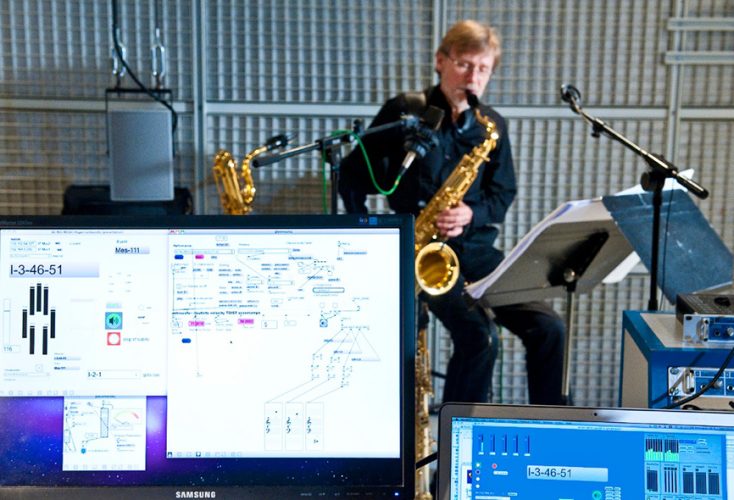
AI, Music and the Change of the Audience
Hugues Vinet, head of research activities at IRCAM, told us in an interview how the world’s largest research centre dedicated to both musical expression and scientific research works, why AI has social relevance and what role he and his team will play at the festival.
-
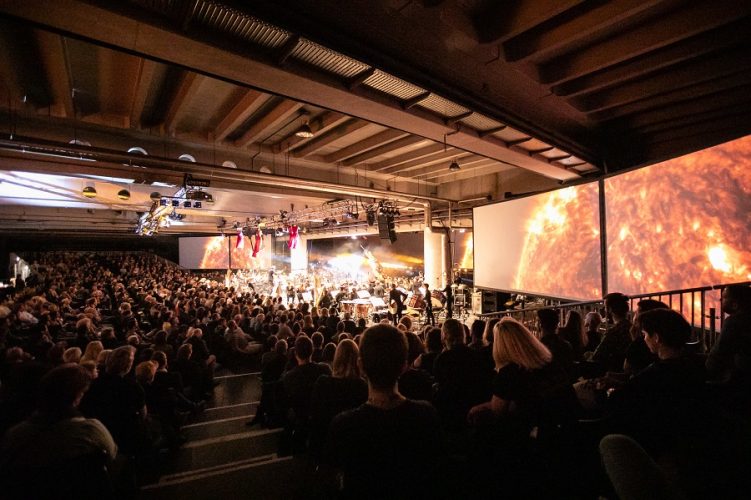
Mahler-Unfinished: When man and machine make music
At the 2019 Ars Electronica Festival, the tenth symphony by Gustav Mahler will be performed at the Big Concert Night (FRI, Sept. 6). Why this is extraordinary? The composer never finished it – together with an artificially intelligent algorithm, Ali Nikrang, Key Researcher at the Ars Electronica Futurelab, has now completed the piece. In an…
